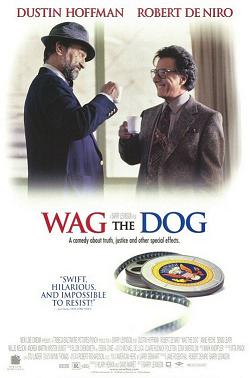More than three months ago it emerged that the Dutch broadcaster EO had censored Attenborough’s Life of Mammals series, by removing references to evolution. Since they were an Evangelical broadcaster, evolution did not fit in with their beliefs. Now it seems somebody has told Richard Attenborough himself and he is not happy:
The world’s best known wildlife broadcaster, Sir David Attenborough, has called on the BBC to stop Christian fundamentalists from deleting references to evolution from his documentaries.
Censored versions of Sir David’s award winning programmes have been broadcast in Holland without any references to evolution, speciation, descent and timescales of millions of years, after being censored by Christian creationists who are opposed to Charles Darwin’s ideas.
“Instead of saying “70 million years ago, something happens,” they say “a very long time ago something happens”. They also omit paragraphs such as: “This is inherited from my warm-blooded ancestors,”” Sir David told the Telegraph. “I would much rather they kept to the letter, as far as that is possible, of what I said.”
The edits by the public broadcasting organisation Evangelische Omroep (EO, Evangelical Broadcasting) have triggered howls protests about “deviations and sins of omission” from Dutch scientists, led by Dr Gerdien de Jong, an evolutionary biologist at Utrecht University.
With Dr Hans Roskam of the University of Leiden, she has organised a petition, signed by more than 300 biologists, including 50 professors, and letters of complaint to the Director General of the BBC, the director of the BBC Natural History Unit, and Sir David.
“I am entirely on the side of the biologist in Utrecht,” said Sir David. “The BBC should take steps to make sure that the minuteness of the meanings are maintained.”
So far the publicity about their censorship has not persuaded the EO to give up their practises. Hopefully pressure from Attenborough on the BBC and from the BBXC on the EO will do the job. If not, the EO should not be allowed to broadcast Attenborough’s series anymore.


